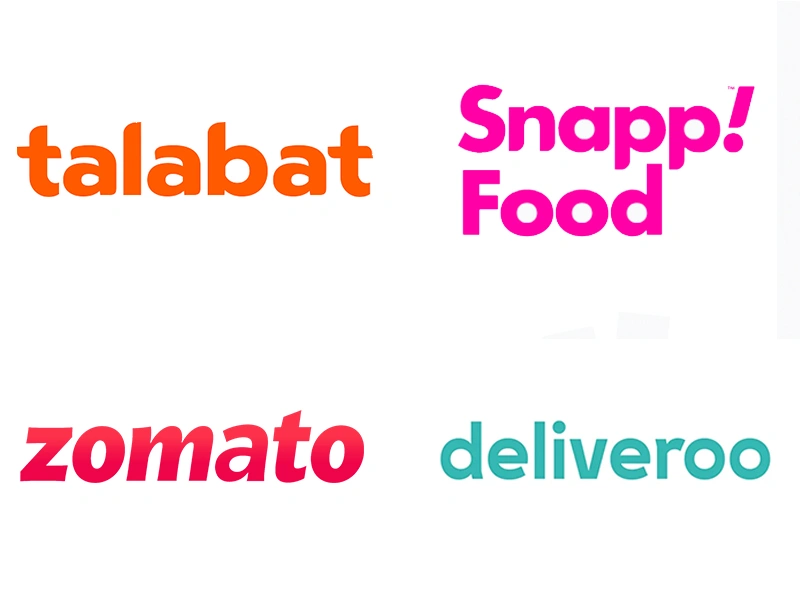The rapid development of so-called niche markets is visible in the food industry. With every consumer development in recent years, or demand for special products, growing companies are looking into niches as a complement to their activities. These channels open the door for the food businesses to carve out a place without direct confrontation with big brands in the mass market. The article will explain in detail what niche markets are and their prevalence, and how they shape the myriad opportunities opening up for small and medium-sized food companies.
Section 1: Niche Markets and the Food Industry
Niche markets are smaller markets in a bigger market that have specialized products due to specific market demands. They constitute markets differing from mass markets characterized by generic products, since they target consumers with unique preferences. The segment is usually small but with much growth potential.
Example: Organic food has been a very popular niche market these days, which has grown considerably due to the increasing awareness amongst the public about health and environmental issues. Other successful examples of niche markets in the food industry include gluten-free and vegan food markets.
Key Characteristics of Niche Markets
The following are usually the characteristics of niche markets:
Focused on specific needs: The consumers in the niche markets look for products not readily available in the mainstream market.
Innovation-driven: Businesses operating under such categories are often compelled to innovate, given the special requirements of customers.
Example: Some firms only manufacture food for diets such as ketogenic or sugar-free, catering to the specific needs of health-oriented customers.
Section 2: Global Niche Food Market Opportunities
The Importance of Niche Markets
Niche markets offer particular possibilities for food companies. These markets allow firms to reach a strong position without the fierce competition from other companies that might be found in a more general market. In the case of SMEs, niche markets can ensure access to loyal customers, and firms can benefit from specialized demand.
For Example: The rise in demand for healthy and organic foods both in Europe and North America has forcefully brought into light the fact that demands of niche markets can also fetch massive development. Companies that strike theEntrance of such markets, generally emerge out to be successful as they appeal to a specific type of need to their consumers.
Analyze Emerging Niche Markets
Plant-based proteins and alternatives to meat form one of the fastest-growing niche markets. Some of the brands that have carved a niche for themselves with their innovative meat substitutes are Beyond Meat and Impossible Foods, offering consumers healthier and more sustainable options.
Example: Beyond Meat has managed to create a place for itself in the industry by providing plant-based protein food items that have almost identical taste and texture as animal meat. By using smart marketing techniques, the company expanded its business globally by appealing to health-and eco-conscious consumers.
Section 3: Winning Ways to Get into Niche Markets
How to Enter into a Niche Market
Success for these companies in niche markets requires quite a number of strategies that are targeted at making them float through successfully. This runs from an understanding of the needs of the target market, consumer behavior analysis to strategies that focus on differentiation.
Niche Marketing: The companies should use focused marketing techniques in view while penetrating the niche markets. Influencer partnerships, alliances with nutritionists, employing digital tools for marketing will play vital roles in helping the companies reach their targets in the best possible manner.
Example: A food processing company producing sugar-free products can gain entry into niche markets by adopting digital marketing and collaboration with health influencers for the purpose of creating awareness about their products.
Benefits to Small and Medium-Sized Businesses
SMEs find niche markets offering them a good opportunity to firmly establish themselves in the market without having to fight with big companies. Small-scale industries can make the most of their quick responsiveness to fluctuations in demand and supply and offer specialized goods.
Example: A local company producing organic food specifically for children has tapped into a niche market by finding loyal customers through its high-quality and health-oriented products.
Section 4: Challenges and Barriers to Entering Niche Markets
Limitations of Niche Markets
Probably the biggest challenges in targeting niche markets are the size of such markets and their target audiences. Niche markets, in most instances, tend to be considerably smaller compared to mass markets. Companies aimed at targeting them, therefore, have to be tactically prudent concerning the deployment of resources.
Example: Companies involved with the production of specialized products, for instance, gluten-free foods, face problems of sourcing their raw materials on a sustainable basis. This might well affect their productions and profitability.
How to Overcome the Challenges in Niche Markets
In such cases, the limitation necessitates companies to innovate in production, packaging, and marketing. The ideal way for long-term success is to create awareness among consumers about such products.
Example: Content marketing is an effectual tool to educate consumers. Those companies which educate and provide valuable information about the products win their trust and can capture a large chunk in their line of business.
Conclusion
Niche markets, where companies could manufacture goods for special needs and avoid powerful competition in mass markets, represent the most promising avenue to success in fierce competition. With the growing demand for more healthy and personalized food, the development of these market niches opens up a bright perspective on business growth for small and medium-sized companies.
References
Euromonitor International. (2021). Global Niche Markets in the Food Industry: Trends and Analysis. Retrieved from www.euromonitor.com
Nielsen. (2021). Understanding the Rise of Niche Markets in Food and Beverage. Retrieved from www.nielsen.com
Mintel. (2020). Specialized Food Markets and Consumer Trends. Retrieved from www.mintel.com
Ehsan Allahverdi
Executive Manager of Foodex Iran
Marketing Consultant for Leading Food & Beverage Brands
website | linkedin
























